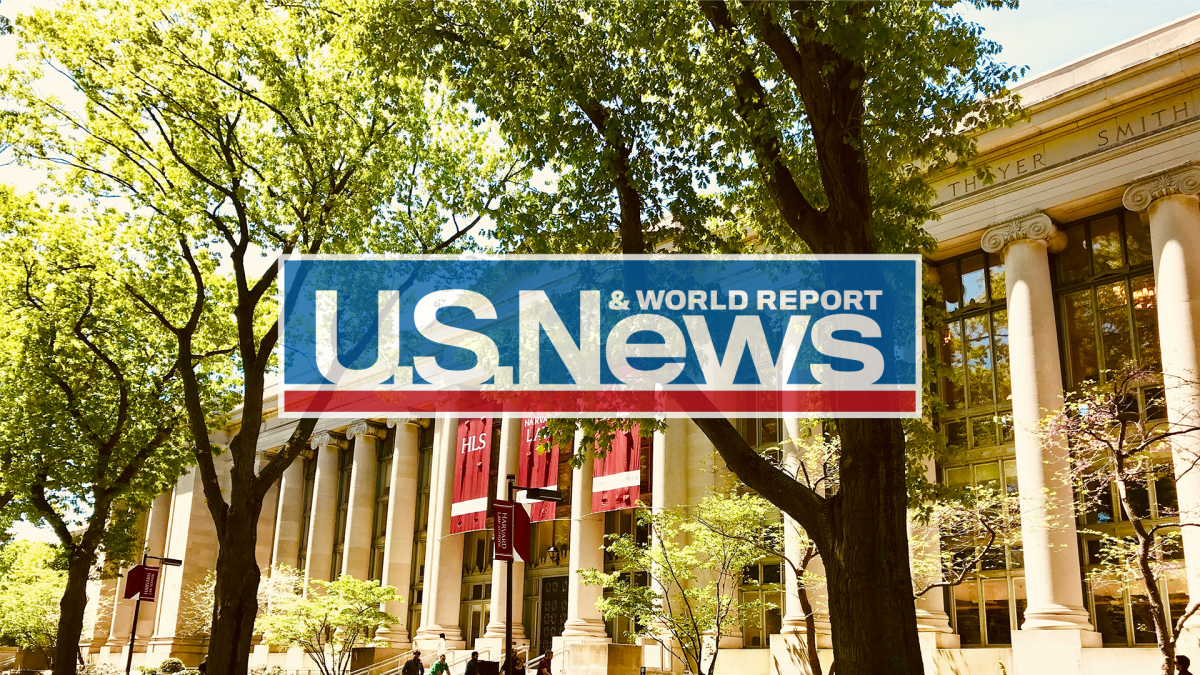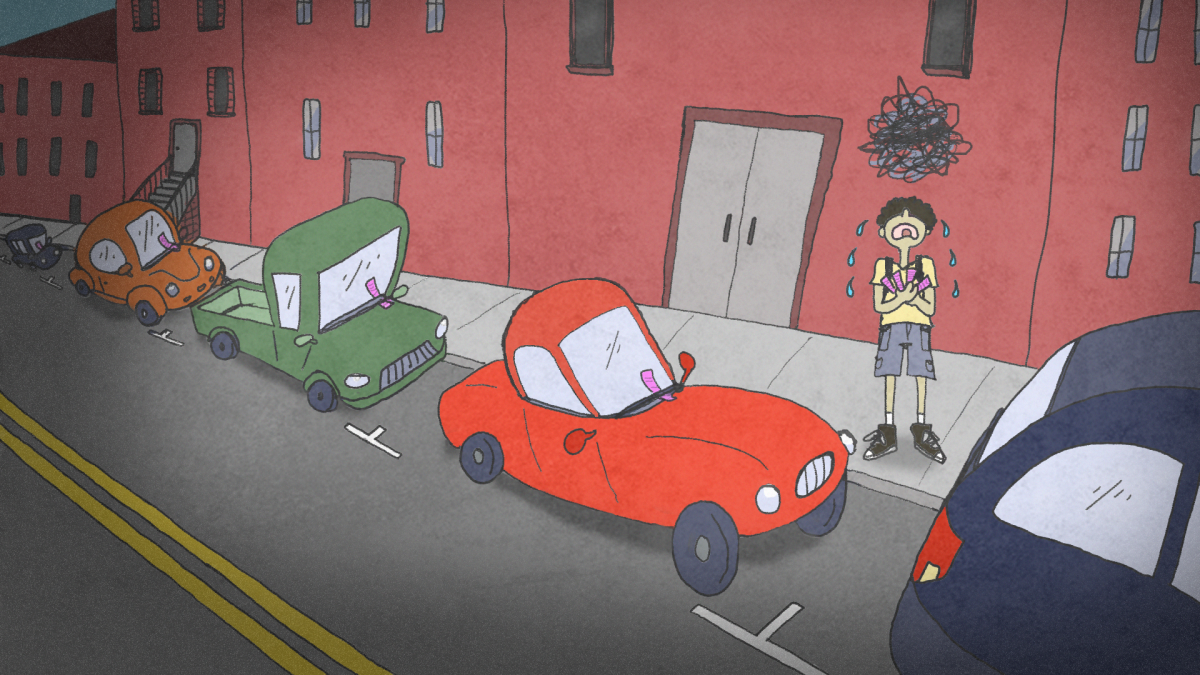Rank ordering is a defining feature of the law school rat-race, both before and after receiving a J.D., the professional graduate degree in law. The top 14 schools are cordoned off as distinct from the rest, near-guaranteeing better employment opportunities and much more flexibility than any of the others.
The top schools are shown to have considerably higher placement in big law firms compared to recent graduates of other American Bar Association accredited schools. If you go to a non-T14 school, you can have a decent legal career, but it’s unusual to be successful outside the school’s region.
While it is difficult to cut down on drawbacks of attending a non-T14 school directly, lessening debt through intensified financial support for law students would be the most effective way to level the playing field.
The law hierarchy is enigmatic and mystifying despite being very discrete and defined. Through various bizarre quirks of history, we wound up with a clear set of schools at the top. It’s not that they’re the oldest or the most expensive; it’s an odd and ambiguous soup of prestige and access. And yet, it’s a very solid and unmoving set.
This is not intuitive at all. It’s not ideal at all. In a modern democratic country, we have institutions that create a two-tiered system; some lawyers can practice lucratively anywhere in the country, while others are basically locked in a small radius of practice and debt for the rest of their working lives — all because of where they got their J.D.
The problem is that the rankers set their now-ossified list of schools based on the hiring decisions and perceived quality that already existed. No matter where they “rank” Harvard or Yale, those schools retain their preeminence in the eyes of prospective applicants and the job market. Excessive competitiveness is precisely what the modern system encourages.
The system itself needs change, but what could be done? Where would you even start reform?
You could tell the people that actually do the rankings, US News and World Report, to change up their criteria. Allow some of the good law schools outside the traditional T14 into the top spots. Maybe you could encourage top law firms to hire more broadly. Right now, most of them hire liberally from the T14 and very selectively from other schools.
The problem is that there is some truth to the notion that the best students are at those top schools. The bar for entry in terms of grades and test scores are simply higher for the T14 than most others. The rankings create a self-fulfilling prophecy where prestige and competence pyramid at the top. And if there was no market-based reason to prioritize top schools, it wouldn’t happen — law firms aren’t going to change.
Well, what about the students? Maybe we could tell them to apply irrespective of prestige. Of course, this is a non-starter. People care about stable prospects and good job opportunities.
Pranav Prakash, a third-year studying economics, shared the role prestige holds in student applications for law school.
“T14 offers [benefits] in terms of connections, because that’s where a lot of the big law pipeline goes through,” Prakash said. “That’s just not something you’d see in a regular law school. So the T14 definitely offers substantial, tangible benefits.”
As someone also pursuing a J.D., I feel the same way. Most of my applications will be to T14 schools.
“Any graduate school matters in terms of your prospects,” Prakash said. “But I think it’s especially important in law … where you go to graduate school really determines your future.”
So, the firms won’t change anything, the rankings won’t change anything and the students won’t change anything. It’s a clear example of an archetypal multipolar trap. What is there to be done?
Normally, I would mumble about “institutional reform,” but it’s not clear what that would look like. It’s not beneficial to anyone to forcibly decimate these institutions. But the state of affairs where tens of thousands of people get a legal education only to find that themselves saddled with massive debt and hamstrings their flexibility outside of a niche area is not tenable.
We want to improve those conditions at T14 school, not worsen them. Angela Davis introduces the idea in her book “Are Prisons Obsolete?” Attempts to make women’s and men’s prisons equal risks making guards more brutal and expanding weapons arsenals. Without institutional change, reforms may merely extend the equality of suffering.
So that’s where our focus should begin — addressing the suffering itself. We can work to improve the job opportunities and debt of students in schools that don’t hold the same prestige as the famed T14.
The imbalance created by hierarchies of prestige is a multi-faceted and longstanding issue. When paired with an incentive for all parties involved to preserve the current state of affairs, it makes the issue worse for hundreds of thousands of aspiring lawyers. However, prioritizing the students outside the tiny sphere of prestige and abundance is the crucial first step in making broader change.





